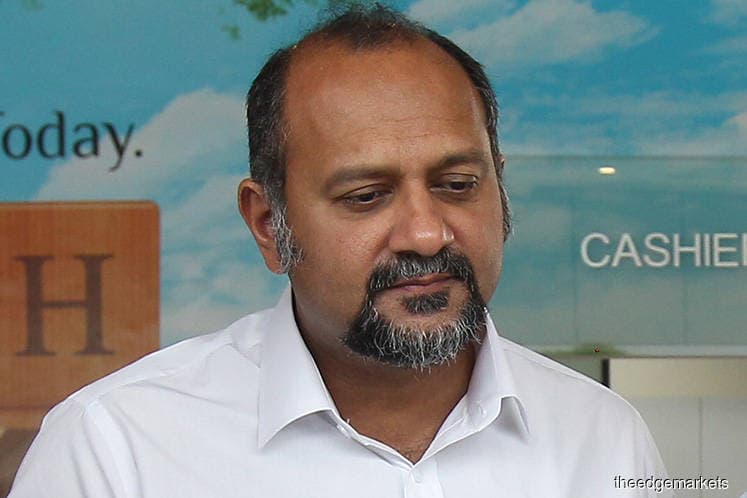
This article first appeared in The Edge Financial Daily on July 25, 2018
KUALA LUMPUR: The government says the cancellation of the memorandum of understanding (MoU) between Telekom Malaysia Bhd (TM) and Tenaga Nasional Bhd (TNB) on the National Fiberisation Plan (NFP) is a boon to the industry, and does not affect Putrajaya’s agenda to roll-out Internet connectivity nationwide.
Communications and Multimedia Minister Gobind Singh Deo said the cessation of the collaboration between the two state-owned powerhouses to establish a detailed joint proposal for the NFP has prevented a monopoly in the industry.
“It also allows them (TM and TNB) to work independently with us and other companies to provide the [necessary] infrastructure throughout the country,” he said in the Dewan Rakyat yesterday.
Replying to a supplementary question by Khoo Poay Tiong (Pakatan Harapan-Kota Melaka), Gobind said several parties have voiced concern that any cooperation between TM and TNB would cause a huge monopoly in the industry.
“This would be a barrier for companies to provide similar services, resulting in competition and a better system,” he said.
The decision to terminate the MoU signed on Jan 16 was announced by the two companies on Monday. They said the decision was mutual and the move did not preclude them from considering other collaborations, should there be future business opportunities beneficial to both parties.
During the MoU’s signing, TM and TNB said the collaboration would capitalise on their strengths, enabling the most efficient cost structure and accelerating the fibre broadband network reach in line with the government’s move to drive Malaysia’s digital economy.
At the weekend, Gobind reportedly said the Pakatan government may replace the NFP with the National Connectivity Plan, to allow wider and more extensive Internet accessibility.
Yesterday, the minister said the MoU had shown some form of cooperation or partnership between the two entities.
“We want to assure Malaysians that despite the fiberisation plan’s termination, the government would continue with its agenda to ensure Internet connectivity nationwide.”
This, he said, has been his focus since he was appointed communications and multimedia minister to ensure that Internet access at a lower rate, higher speed and good quality is provided soon.
In his reply to the original question by Datuk Hasbullah Osman (Barisan Nasional-Gerik), Gobind said 379,246 connections had been made under the suburban broadband programme (SUBB) as of March, with another 114,620 connections in the implementation process.
The initiative, allowing broadband speed to increase to 20Mbps in suburban areas, is in line with the government’s nationwide plan to expand high-speed broadband.
Under the cellular and mobile broadband expansion initiative, 1,749 communication towers have been built and are in operation, while another 286 towers are being built.
About 4,700 existing towers have been upgraded to the 3G/4G service, and another 865 towers are being upgraded.
“Apart from the focus on fiberisation, we must also understand that the last mile such as rural areas would need a wireless service,” Gobind said.